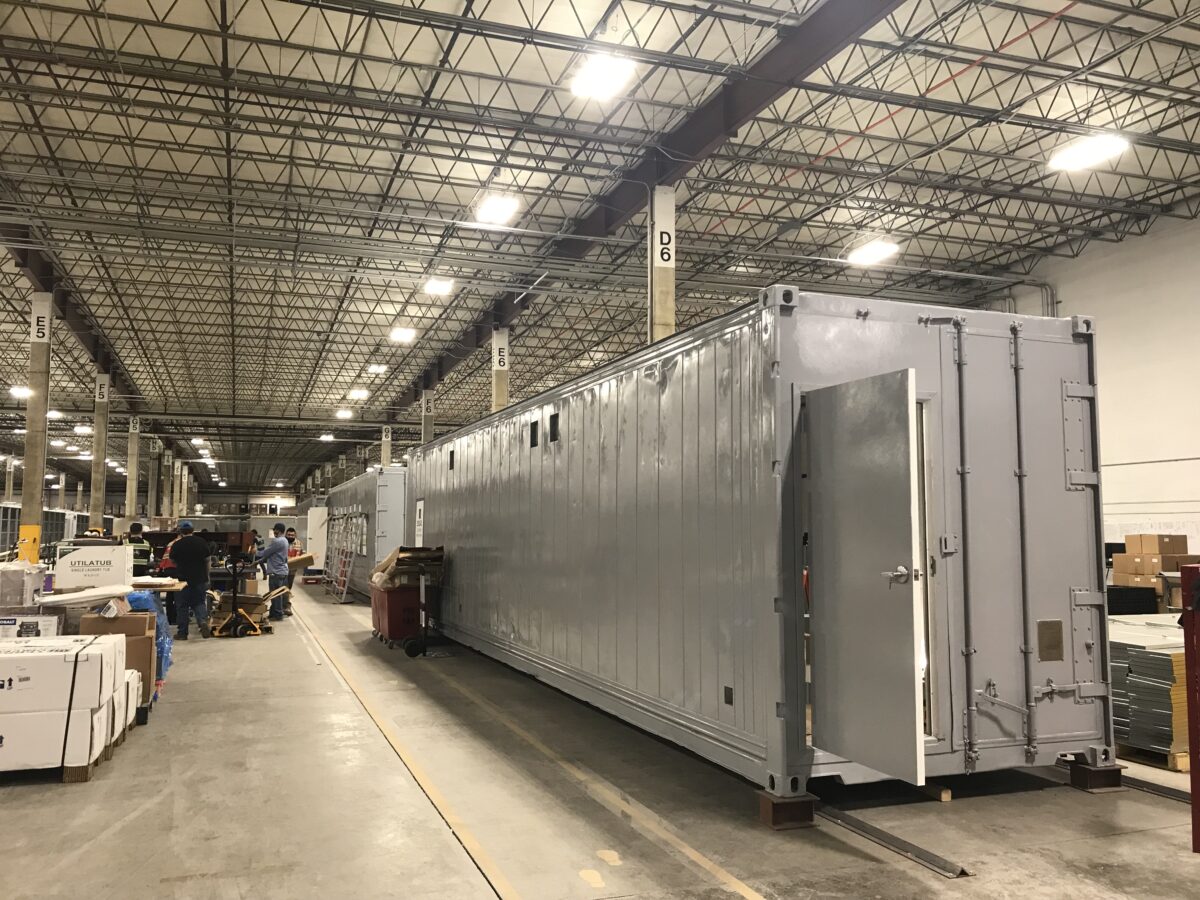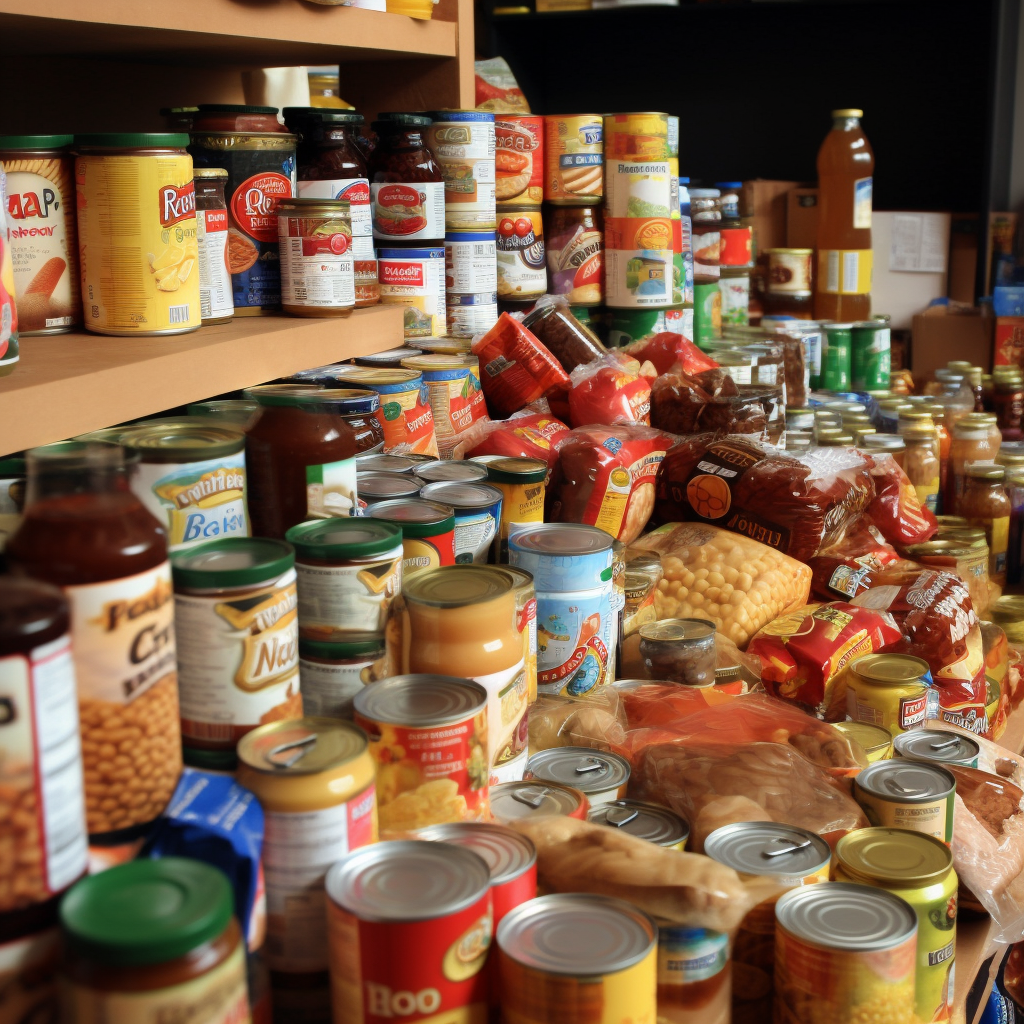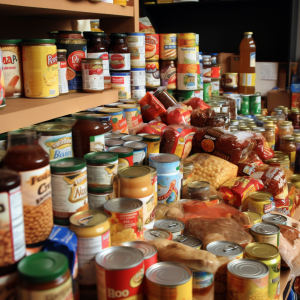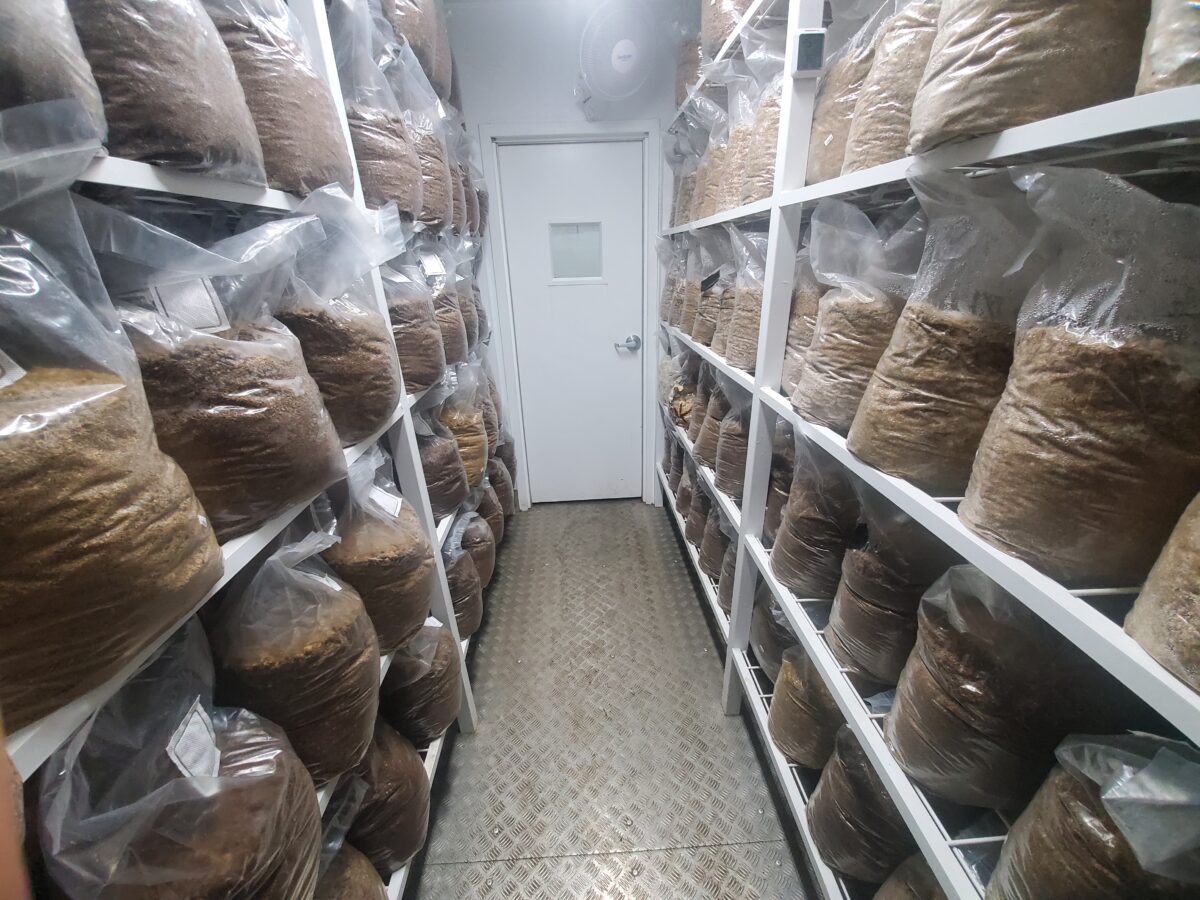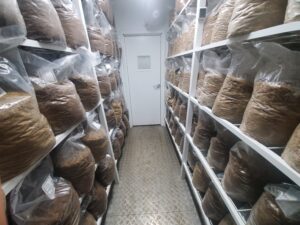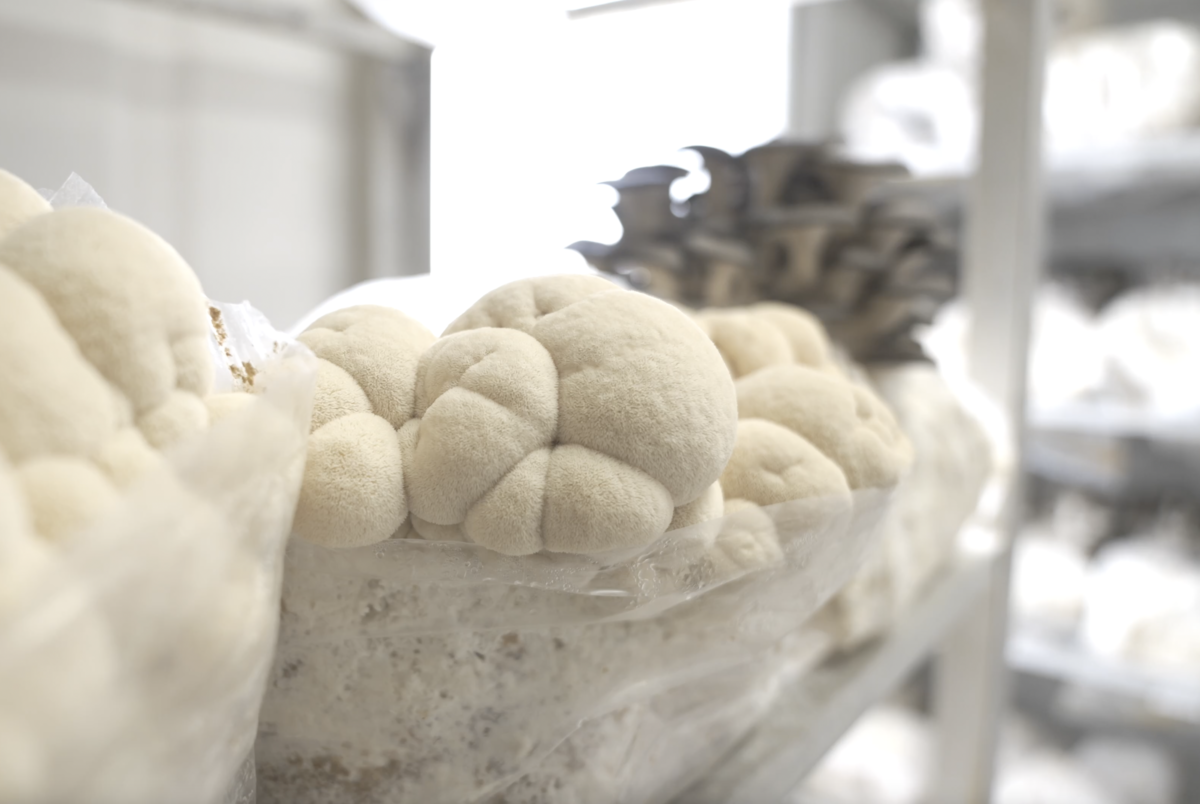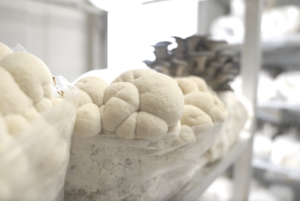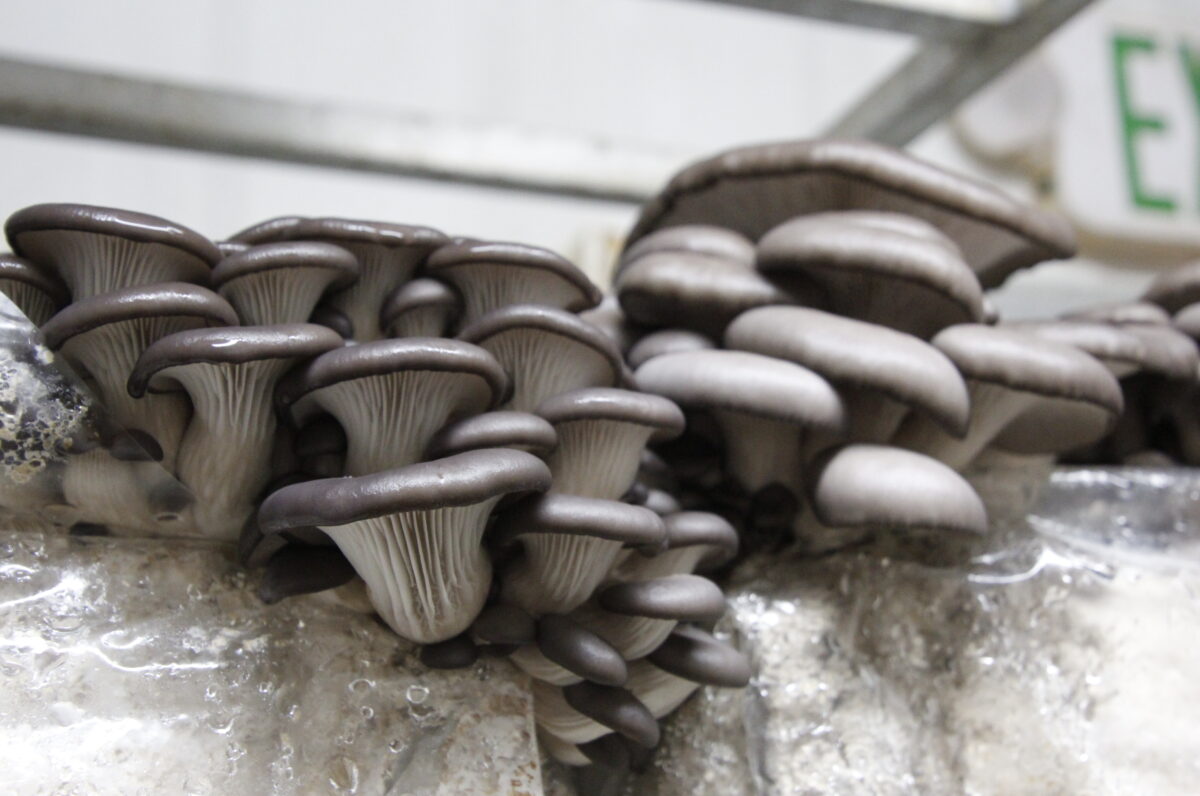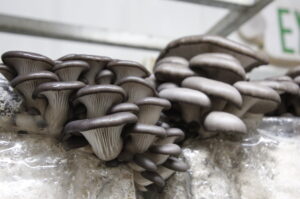The idea of adopting sustainable practices in food production to address critical environmental, social and economic challenges has until recently been seen as a pipe dream, an impenetrable barrier to progress.
There’s concern about costs and whether implementation would be widespread enough to result in noticeable change. But as tech has advanced and prices have slowly come down, this is something that’s within our grasp and something we should expect to see in our lifetimes.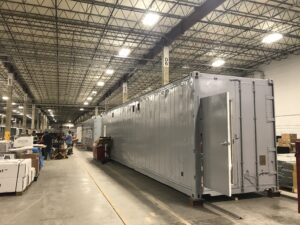
Sustainable food production minimizes environmental degradation by promoting practices that conserve soil fertility, reduce water usage, and mitigate the use of harmful pesticides and fertilizers. Prioritizing ecological balance helps safeguard biodiversity, maintain ecosystems and combat climate change. This is crucial for ensuring the long-term viability of our planet and securing the availability of natural resources for future generations. We don’t want to be remembered as the generation that had the opportunity to do something, but squandered it.
Sustainable food production has significant social implications. It fosters equitable distribution of resources, promotes fair labor practices and supports local communities. Sustainable agriculture often involves small-scale, community-based farming that empowers local producers and reduces dependence on large-scale, industrialized farming systems. This not only strengthens local economies but also enhances food security by diversifying sources and reducing vulnerability to external shocks, such as the supply chain disruptions that crippled our food systems during the COVID-19 pandemic.
Adopting sustainable practices in food production is essential for addressing global food security challenges. As the world’s population continues to grow, ensuring a stable and sufficient food supply is going to become more difficult. Sustainable agriculture emphasizes efficiency and resilience, optimizing yields while minimizing negative impacts on the environment. By embracing methods such as agroecology, organic farming, and precision agriculture, we can create a more robust and resilient food system capable of meeting the nutritional needs of a growing population without compromising the health of the planet. Again, this is achievable with a little bit of political will and a whole lot of education.
Sustainable food production is also economically prudent. While initial investments may be required to transition to sustainable practices, the long-term benefits far outweigh the costs. Sustainable agriculture, like farming in controlled-climate shipping containers, reduces reliance on expensive inputs, maintains soil health for traditional growing, and promotes resource efficiency, leading to increased productivity and decreased production costs over time.
It opens up new market opportunities as consumers increasingly prioritize sustainably produced goods, creating a positive feedback loop that encourages businesses to adopt environmentally and socially responsible practices. It’s already happening in the U.S. People have shown a willingness to incorporate changes into their own lives, and they’re more cognizant about where their food comes from. Taking a holistic approach isn’t some esoteric, “hippie-dippie” idea anymore. Creating an equitable future for both people and the planet, while expanding access to nutritionally dense foods, isn’t just achievable, it’s imperative.

